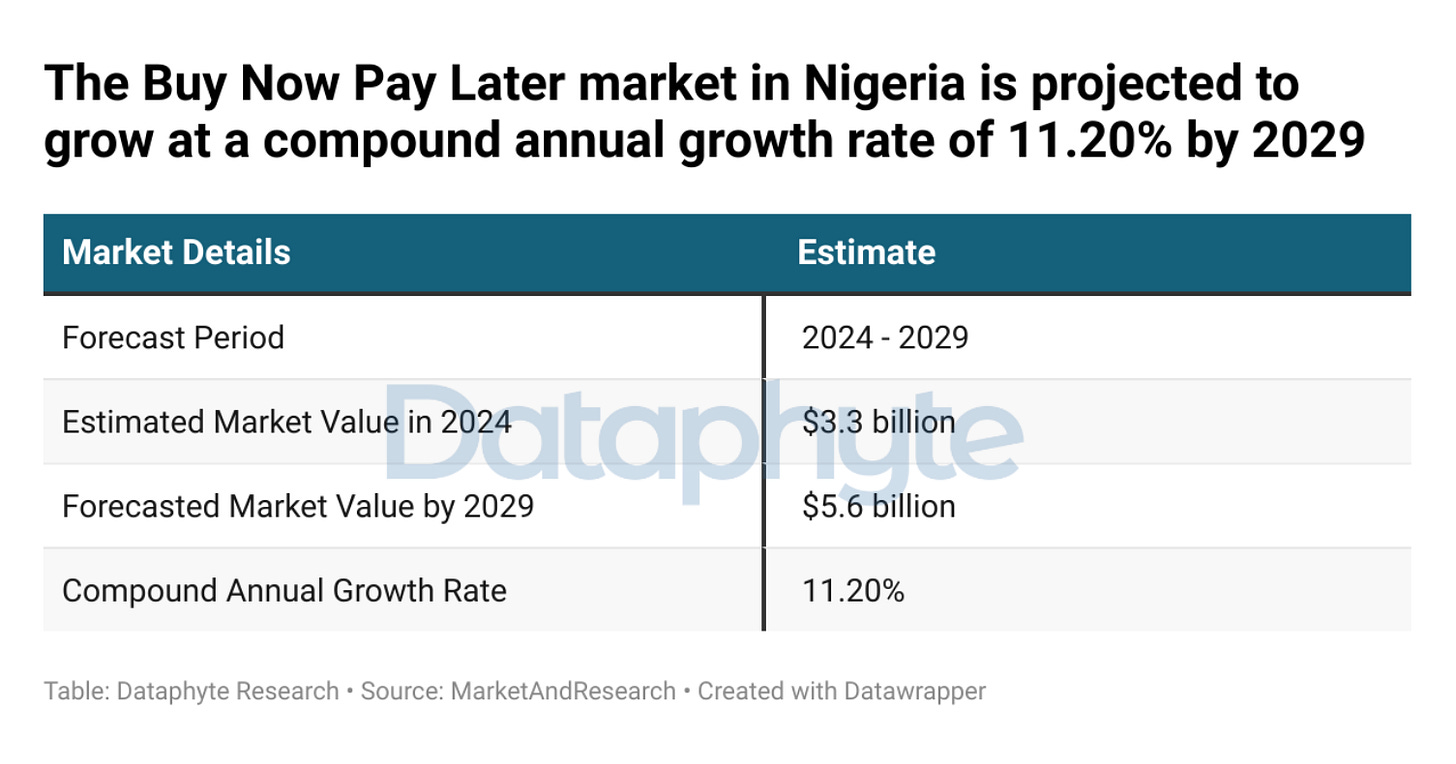The Federal Government, through the Ministry of Petroleum Resources, launched the Grassroots LPG Penetration Programme as part of the Decade of Gas Initiative, distributing free cooking gas cylinders to women and youths.
This initiative is poised to increase access to clean cooking in Nigerian households and eradicate the use of polluting fuels, which expose users to dangerous health conditions such as respiratory disease, chronic obstructive pulmonary disease, and lung cancer, among others.
Only 35.5 million Nigerians out of the estimated 211 million population in 2021 have access to clean cooking fuels and technologies, accounting for a 16.8% clean cooking access rate.
Clean Cooking is described as cooking with clean fuels, which emits little or no pollution when burned. The use of clean fuels such as natural gas and electricity when cooking is considered clean cooking.
In contrast, using firewood, charcoal, dung, and other carbon-emitting sources for cooking is considered Unclean Cooking.
In 2021, about 175.9 million people in Nigeria still engage in unclean cooking.
The proportion has consistently increased in the last two decades. It increased by 44%, from 121.6 million in 2000 to 175.9 million in 2021.
Between 2017 and 2021, an average of 175 million Nigerians used polluting fuels for cooking. This makes Nigeria the third largest country out of 20 globally with poor access to clean cooking.
Unclean Cooking is most prevalent in Sub-Saharan Africa
Sub-Saharan Africa alone accounts for 41.31% or 933.5 million out of the 2.3 billion global population lacking access to clean cooking fuels and technologies.
This trend is critical because the lack of access to clean cooking reflects the proportion of the population exposed to the harmful health and socioeconomic effects of polluting fuels and technologies.
While the federal government's initiative seems promising, a sobering reality persists: the relentless hike in gas prices may threaten the long-term sustainability of gas cylinder usage among beneficiaries.
According to the World Health Organization (WHO), unclean cooking with open fires, wood, animal dung, or coal engenders harmful household air pollution.
This pollution, combined with ambient air pollution, is associated with 6.7 million premature deaths annually. Therefore, expanding the use of clean fuels and technologies is essential to reduce household air pollution.
With Jumia: Buy Now, Pay Later
Jumia, one of the leading e-commerce platforms in Africa has introduced Buy Now Pay Later (BNPL) partnerships in Nigeria with Newedge (Easybuy), an innovative finance company, and CredPal, a fintech company.
These partnerships will provide additional payment options for customers who want to purchase an item but cannot afford the entire amount at once. It allows for payments to be spread out in installments, making the payment options more flexible and accessible to a broader range of customers.
Whether it is instant payment or the convenience of “buy now and pay later” the options abound.
According to a market forecast by MarketAndResearch, the Buy Now and Pay Later (BNPL) market in Nigeria is estimated to be $3.3 billion in 2024 and it is projected to grow to $5.6 billion by 2029 with a compound annual growth rate of 11.20%.
So, given Jumia's extensive customer network, introducing an innovation that diversifies payment methods holds the promise of casting a wider net of appeal.
Jumia is a Pan-African technology company centered around a marketplace, logistics service, and payment service with over 2.3 million active users in Q3 2023.
The company has a presence in Nigeria, Algeria, Egypt, Ghana, Ivory Coast, Kenya, Morocco, Senegal, Tunisia, Uganda, China, and Portugal.
An IBS Intelligence report explains that “the payments landscape is continually evolving, introducing a new alternative called Buy Now, Pay Later (BNPL) will transform how consumers make purchases both online and in physical stores, offering greater flexibility and convenience in payment options.”
Thanks for reading this edition of Marina and Maitama. It was written by Funmilayo Babatunde and edited by Oluseyi Olufemi.









